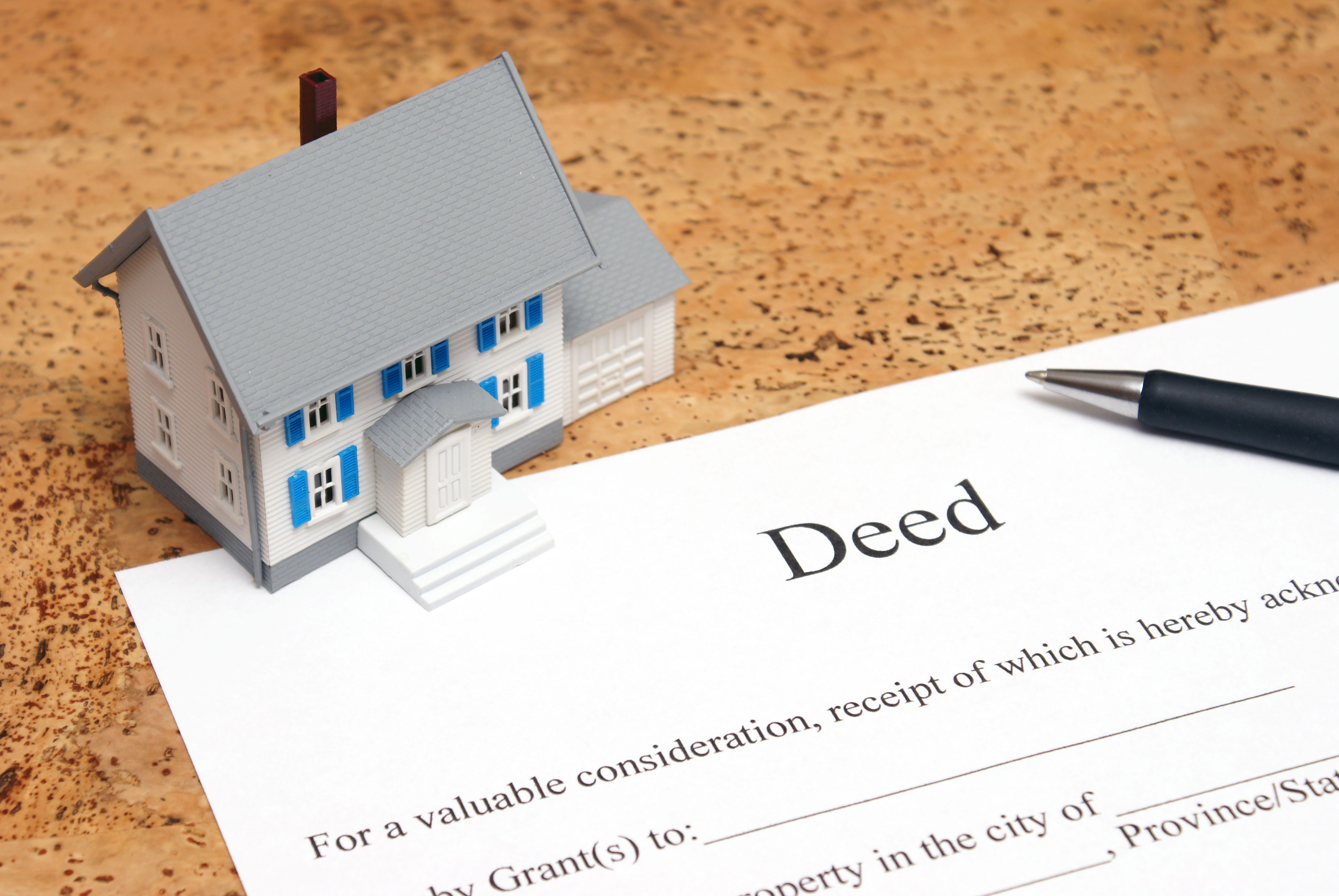Tips for First-Time Land Buyers
Buying land for the first time can be an exciting yet daunting experience. Whether you’re looking to build a dream home, start a farm, or invest in real estate, purchasing land involves several key decisions and considerations. Without the right knowledge, it’s easy to overlook important details that could affect your investment. Here are some valuable tips to guide you through the process and help ensure your first land purchase is a successful one.
1. Do Your Research on Location and Zoning The location of the land you purchase will be crucial to its long-term value and usability. Before making any decisions, research the area thoroughly. Key factors to consider include:

- Access to Amenities: Is the land near schools, hospitals, shopping centers, or transportation routes? For residential use, proximity to basic amenities can be a deciding factor.
- Future Development: Investigate any plans for development or changes in the area. A nearby highway expansion, commercial development, or a new subdivision could affect the property’s value or your enjoyment of it.
- Zoning and Land Use Restrictions: Zoning laws dictate how land can be used. Whether the land is zoned for residential, commercial, agricultural, or industrial purposes will influence what you can do with the property. Always check with local government or planning authorities about zoning regulations before making an offer.
2. Check Land Access and Road Frontage One of the most common mistakes first-time land buyers make is not verifying legal access to the property. You must ensure that the land has proper access through public or private roads.
- Legal Access: Confirm that the land has legal access, meaning you have the right to enter and use the property. If there’s no road frontage, you’ll need an easement (a legal right to cross another’s property) to access your land.
- Property Boundaries: Get a professional land survey to establish the exact boundaries of the property. This will help you avoid disputes over property lines with neighboring landowners.
3. Understand the Property’s Topography and Terrain The physical characteristics of the land play a huge role in determining what you can do with it. Understanding the topography and terrain is essential for both residential and agricultural purposes. Consider these factors:
- Land Slope: Is the land flat, hilly, or sloped? A hilly terrain can be more difficult and costly to build on, while flat land is usually ideal for development or farming.
- Soil Quality: If you plan to farm or garden, soil quality is critical. Some lands are better suited for agriculture, while others may have poor soil quality, which could require costly improvements to make it viable.
- Water Drainage: Proper drainage is vital, especially if you're building a structure. Poor drainage can lead to flooding, soil erosion, or foundation issues, which can be expensive to remedy.
- Flood Zones: Check whether the land is located in a flood zone. This can significantly affect the land's usability and your ability to build on it, as well as your insurance premiums.
4. Evaluate Utilities and Infrastructure If you plan to build or develop the land, you’ll need to know whether essential utilities like water, electricity, and sewage systems are available. Not all parcels of land will have access to these services, especially in rural areas.
- Water Supply: Does the property have access to a public water supply, or will you need to drill a well? It’s important to assess the cost and feasibility of securing a reliable water source for your intended use.
- Electricity and Gas: Is there a nearby power grid, or will you need to install solar panels or use generators? The availability of electricity can significantly impact your plans for development.
- Sewage and Waste Disposal: You’ll need to decide whether to connect to a municipal sewer system or install a septic tank. Check the local regulations and costs associated with waste disposal systems.
5. Understand the Cost of Land and Financing Options Unlike home purchases, land often requires different financial considerations. Understanding how much land costs and how you’ll finance it is crucial to avoid surprises later on.
- Land Prices: Land prices can vary greatly based on location, size, zoning, and the land’s development potential. Research recent sales of comparable properties (called "comps") in the area to gauge the price range for similar land.
- Financing Land Purchases:While traditional mortgage lenders may not offer loans for land purchases, there are other financing options to explore, such as:
- Seller Financing: The seller may offer to finance the purchase, allowing you to make monthly payments instead of paying upfront.
- Land Loans: Some banks and credit unions offer land loans, but these usually come with higher interest rates and shorter terms compared to mortgages.
- Home Equity Loans or Lines of Credit: If you own a home, you could use the equity in your property to finance the land purchase.
Make sure you have a clear understanding of the total cost, including taxes, closing fees, and potential development expenses, before moving forward.
6. Review Title and Legal Issues Before finalizing a land purchase, it’s crucial to ensure that the title to the land is clear. A title search will confirm that the seller legally owns the property and that there are no unresolved liens, encumbrances, or disputes.
- Title Insurance: Consider purchasing title insurance, which can protect you in case any legal issues arise regarding the property’s title after you buy it.
- Land Disputes: Check whether there are any ongoing legal disputes related to the land, such as boundary issues, easements, or zoning challenges. If there are, this could delay your purchase or affect the land’s value.

7. Hire a Real Estate Agent with Land Experience Buying land is a unique process that differs from purchasing a home. It’s beneficial to hire a real estate agent who specializes in land transactions. An experienced agent can help you navigate the complexities of land buying, from finding the right property to negotiating the best deal. They can also assist with understanding local regulations and help connect you with other professionals, such as land surveyors or title companies.
8. Don’t Skip the Due Diligence Process Before making an offer, take the time to conduct thorough due diligence on the property. This involves researching all the details about the land, including its legal status, physical characteristics, and potential restrictions. The more information you gather, the better informed you’ll be when it’s time to make a decision. Some key due diligence tasks include:
- Visiting the property in person
- Hiring a land surveyor
- Verifying zoning and land use regulations
- Checking with local authorities about future development plans in the area
- Reviewing the land’s history and any potential legal issues
9. Consider Long-Term Goals and Investment Potential While it’s exciting to purchase land, especially as a first-time buyer, it's essential to think long-term about how the land will fit into your broader plans. Consider:

- Development Plans: Will you build a house or develop the land for business use? If you plan to resell it in the future, how will the land’s value appreciate over time?
- Land Appreciation: In some cases, land may not yield immediate returns, but it can appreciate over time. Look at the trends in land value in the area, and try to predict how it may increase in the future.
Conclusion Buying land for the first time can feel overwhelming, but with careful research, due diligence, and the right professionals by your side, the process can be both rewarding and exciting. Whether you’re purchasing land for personal use, investment, or development, understanding the key factors involved will set you up for success and help you avoid costly mistakes. With these tips in mind, you’ll be well on your way to making an informed, confident decision for your future land purchase.